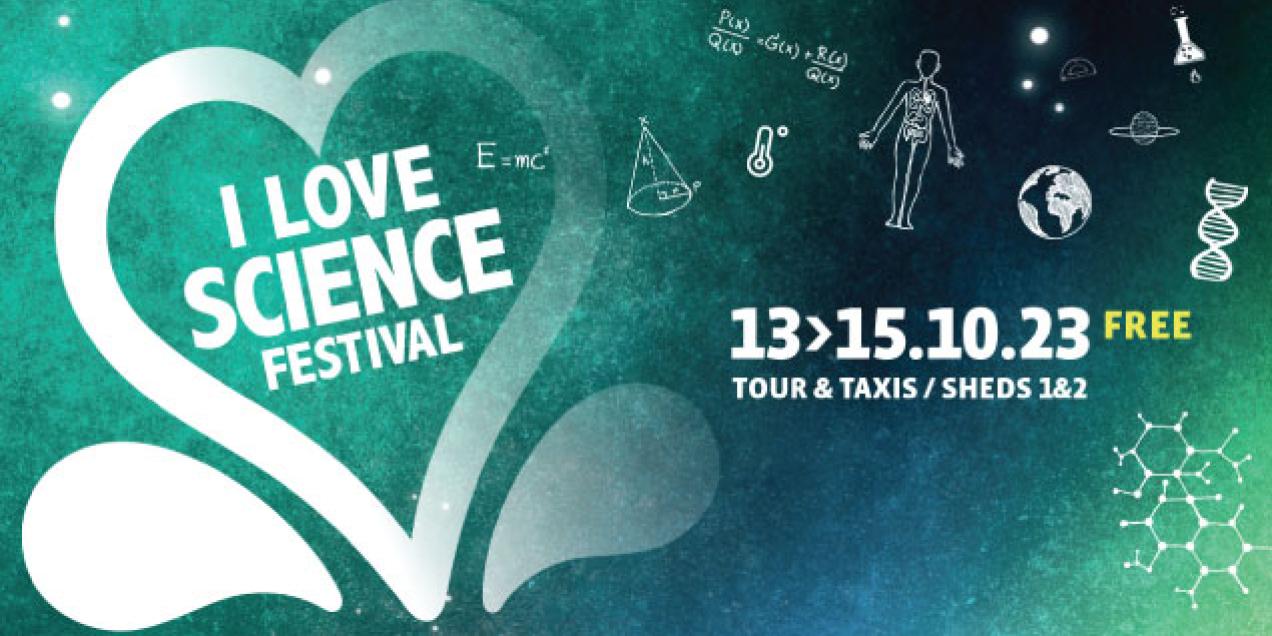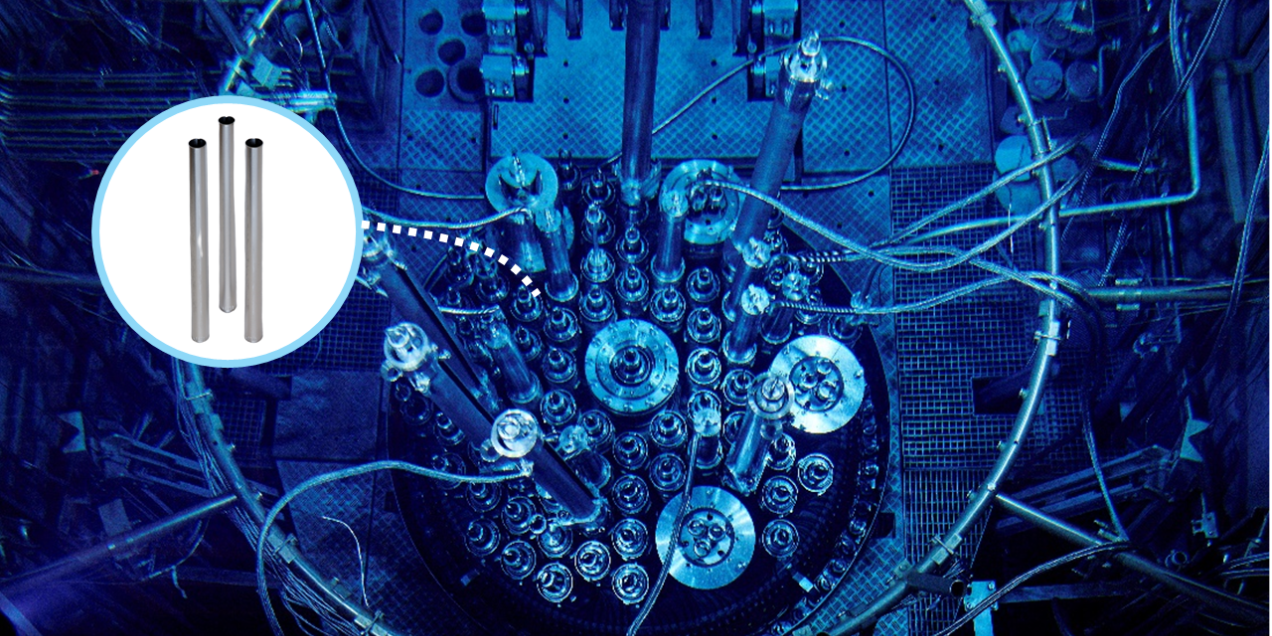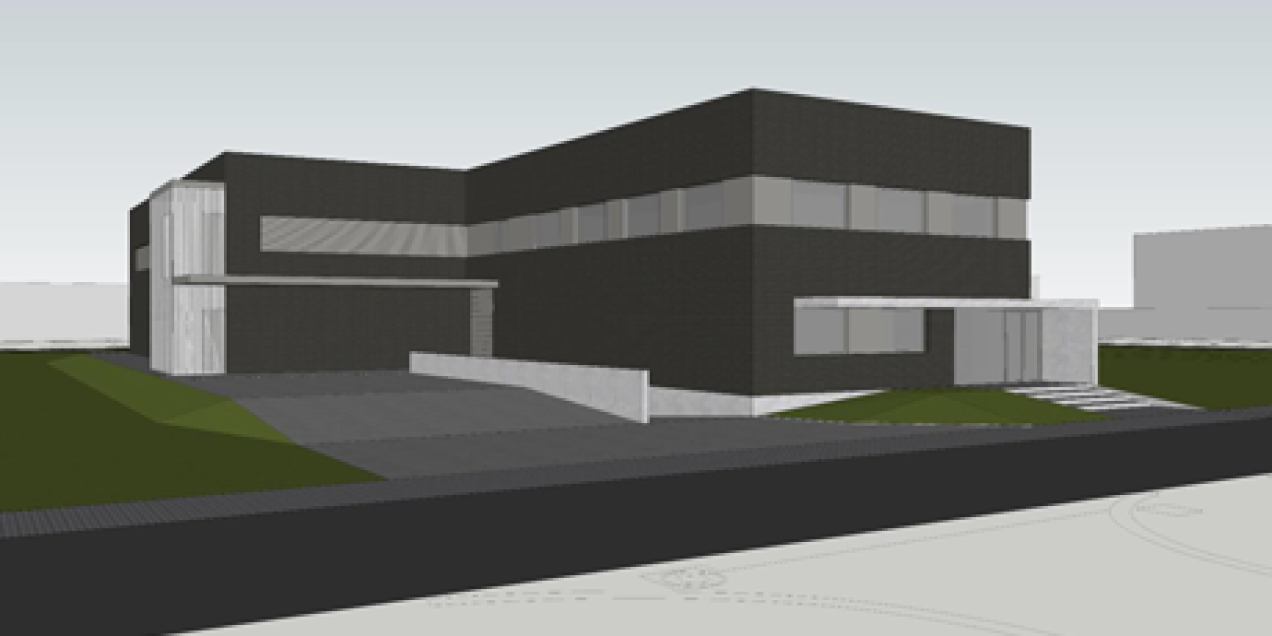Exploring nuclear medicine
How do we accelerate the battle against cancer?
About 20 million people are told they have cancer every year. Medical radioisotopes help us diagnose and fight the disease. SCK CEN has been a key player in the global production of these radioisotopes for decades.
Now, thanks to years of accumulating nuclear knowledge, we can take the next step: actively research therapeutic radioisotopes. These isotopes attack cancer cells directly in the body. Which radioisotopes are best suited for this purpose? How do they behave in the body?
Our experts study this new branch of nuclear medicine on a daily basis, thus joining the fight against cancer. In this way, we help doctors to heal patients worldwide and give them a chance of a better future.
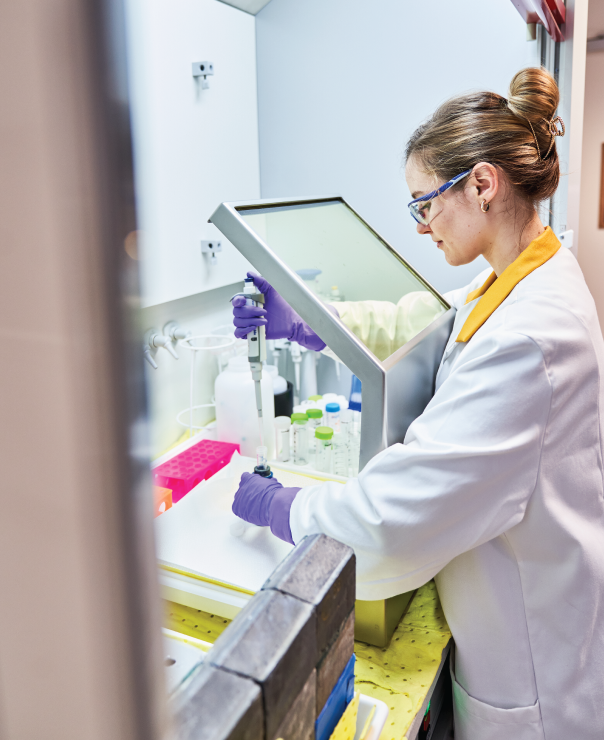
A new fixture in the fight against cancer
After years of research, we at SCK CEN know that our nuclear knowledge can have a significant impact on the world of medicine. That is why we have established a nuclear medical centre of excellence through which, in addition to the production of radioisotopes, we actively conduct research on the behaviour of radioisotopes as medical treatment.
After years of research, we at SCK CEN know that our nuclear knowledge can have a significant impact on the world of medicine.
Research on three specific cancers
In addition to assignments for clinical and industrial partners, SCK CEN also has its own cancer research line. That line of research focuses on innovative treatments for three specific cancers:
- glioblastoma (brain cancer);
- colon cancer;
- and ovarian cancer.
Today, many of these cancers are still untreatable. We want to change that.
🔗 How are we taking on these cancers? Read more about our research activities.
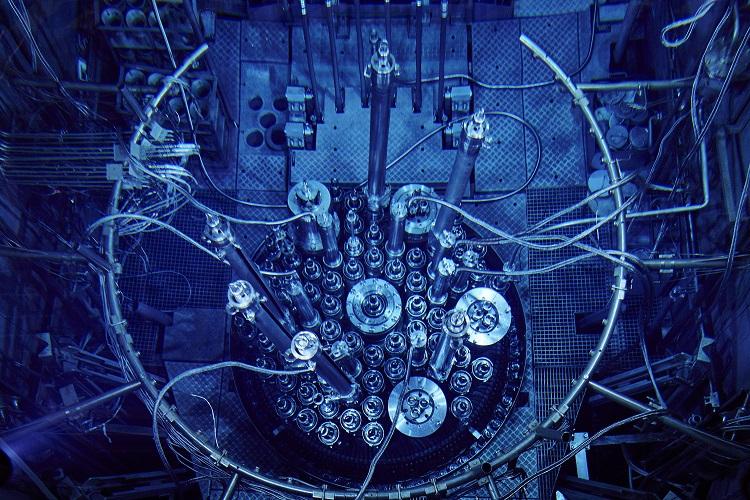
An indispensable key player
BR2: producing radioisotopes
Nearly 7 million people are screened for cancer every year thanks to the Belgian production of molybdenum-99. However, medical radioisotopes are not only used to detect cancers, but also to treat them. Lutetium-177 is one such isotope.
Our research reactor BR2 plays a key role in the production of these isotopes. A huge share of the global demand for these radioisotopes is produced at our facility – between 25% and 65%.
CRF: purifying radioisotopes
The construction works are yet to begin, but following delivery in 2026, the CRF building will play a prominent role in the production of therapeutic radioisotopes and radiopharmaceuticals.
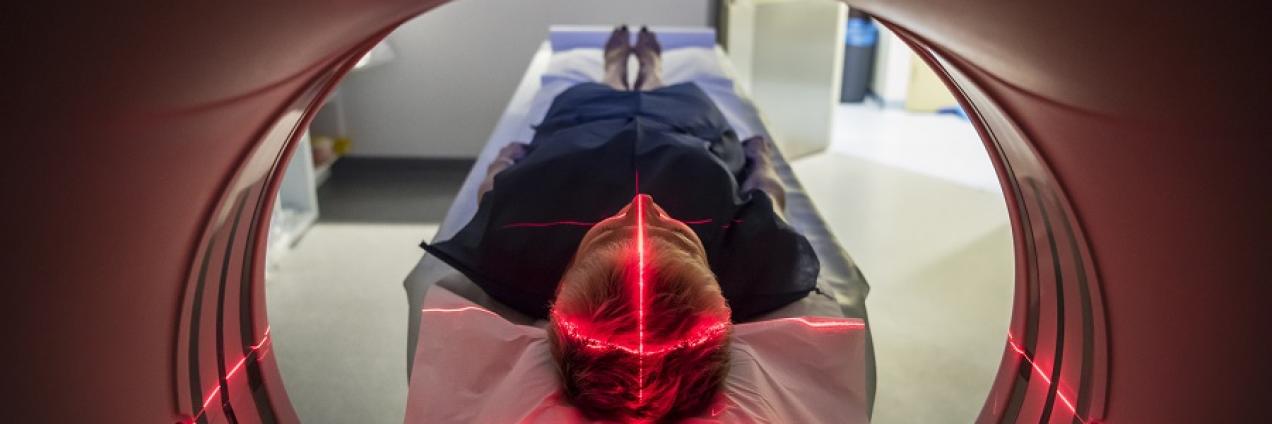
Enhance the life-saving potential of your molecules
Our aim is to facilitate the development of new radiopharmaceuticals for cancer treatment. Our own specialist teams do this through research, but we also make our extensive knowledge and facilities available to external partners. Thanks to our research and innovative infrastructure, we help enable subsequent commercial production.
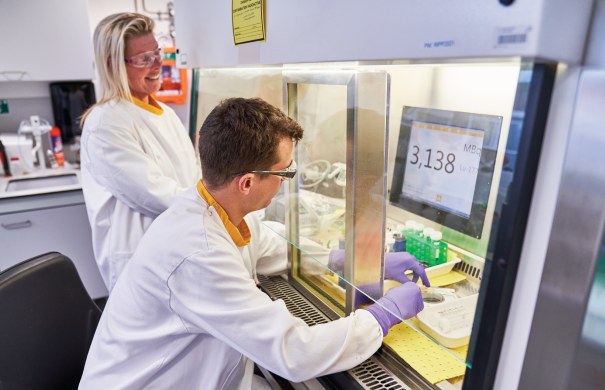
Radioligand therapy (RLT), also known as Targeted Radionuclide Therapy (TRT)
Cancer is predicted to become the most common cause of death in Europe by 2036. So early diagnoses and effective treatments are pressing. The quality of life of former cancer patients – who often still bear dire consequences from their treatment – could also be better.
Fortunately, nuclear medicine is at a tipping point: targeted cancer treatments with therapeutic radiopharmaceuticals are on the rise.
These are drugs that deliver a radioactive isotope to the organ via a carrier molecule. There, they can attack the cancer cell very locally, causing the tumour to shrink or disappear. The healthy human tissue around it? That remains intact. Consequently, the side effects of cancer treatment are a lot smaller.
Latest news on nuclear medicine
More news on nuclear medicine?
